6 things super organized people do every day – the steps they follow without fail
Cut back chaos with these tips from super-organized people

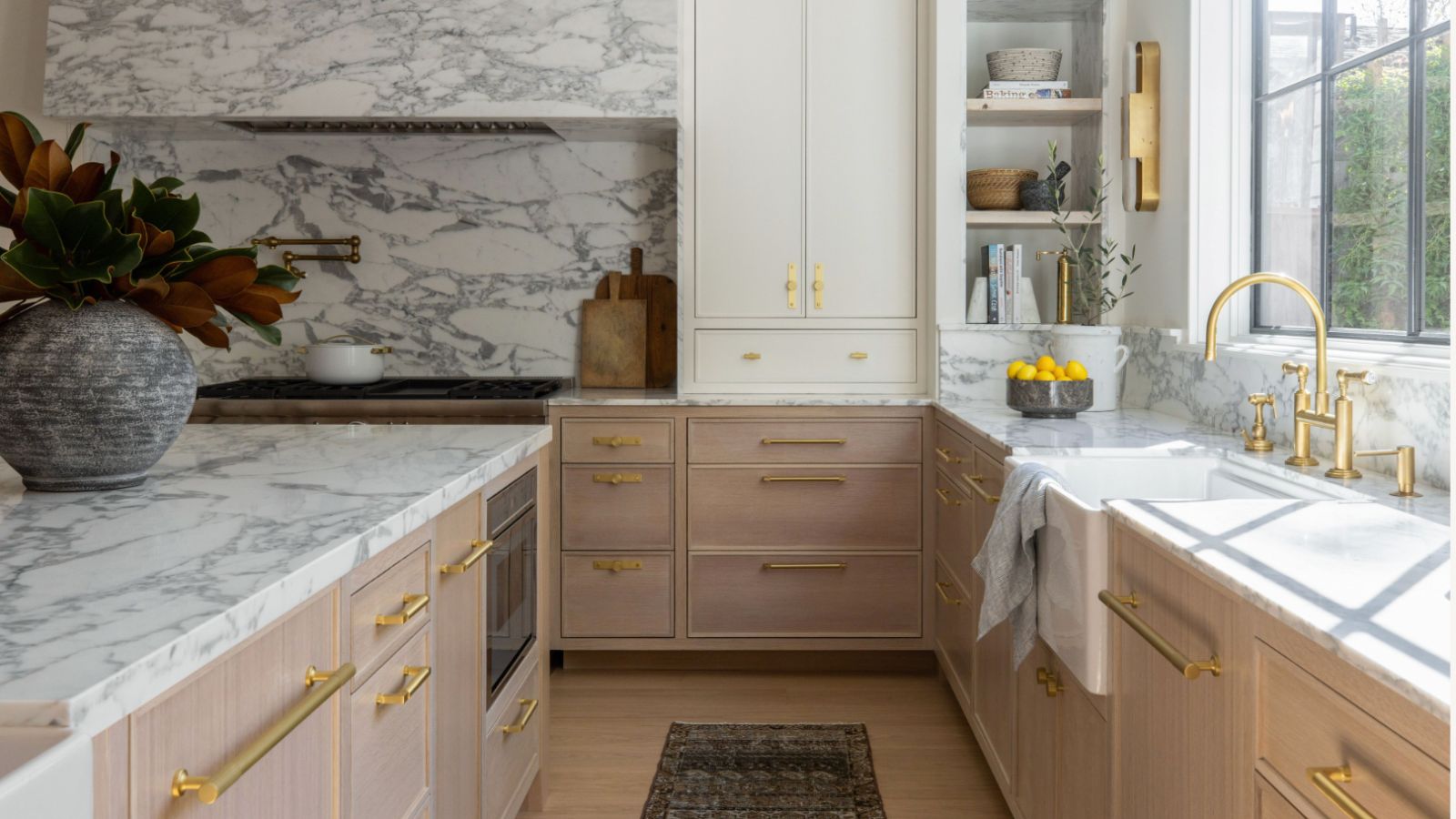
Do you ever look at someone who just screams ‘organized’? While they might make it seem like life's a breeze, they are doing a lot beneath the surface to keep their day-to-day super organized.
Luckily, these habits of highly organized homeowners can all be learned and put into practice, professional home organizers assure us.
Here, they reveal the things super-organized people do every day to keep the chaos under control and what we can take from them for a more straightforward approach to life.
Things super organized people do every day
Highly organized people use more than simple home organizing ideas to simplify and streamline their daily routines. They formulate every small detail with tiny tweaks to organize a home to limit decision fatigue and spend more time relaxing and having fun. Experts say this approach can be boiled down to six steps.
1. They keep a meal and grocery plan
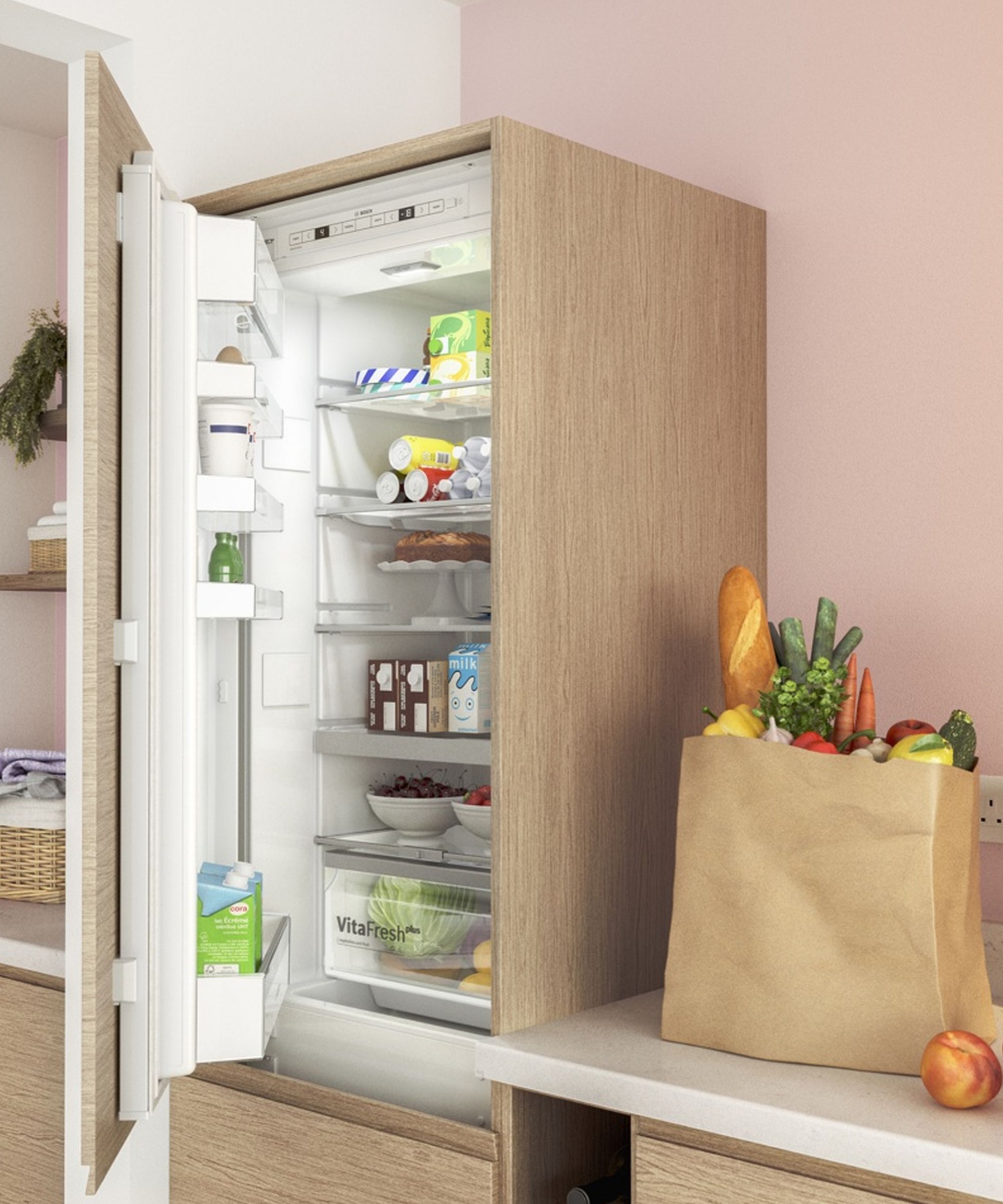
There are few things more infuriating than standing in front of your refrigerator at the end of a long day and realizing you have nothing to cook, resulting in a last-minute scramble to the store. To help avoid this and to keep your kitchen organization top-notch, super-organized people will always make a meal plan, stick to it, and ensure they keep track of their pantry stock throughout the week.
Julie Peak, professional home organizer and owner of The Precise Place, suggests ‘using a meal planning app or a physical planner to plan your meals for the week and organizing your grocery list by category (produce, dairy, pantry items) to make shopping more efficient.
‘Plan meals that use overlapping ingredients to minimize waste. Pro Tip: if you buy a bunch of bell peppers for one meal, plan another meal that uses it.
Design expertise in your inbox – from inspiring decorating ideas and beautiful celebrity homes to practical gardening advice and shopping round-ups.
‘Every Sunday, spend 30 minutes planning meals and making a grocery list,’ she adds. ‘Choose a specific day each week for grocery shopping. After shopping, wash and prepare fruits and veggies, and store them in clear containers for easy access throughout the week.’
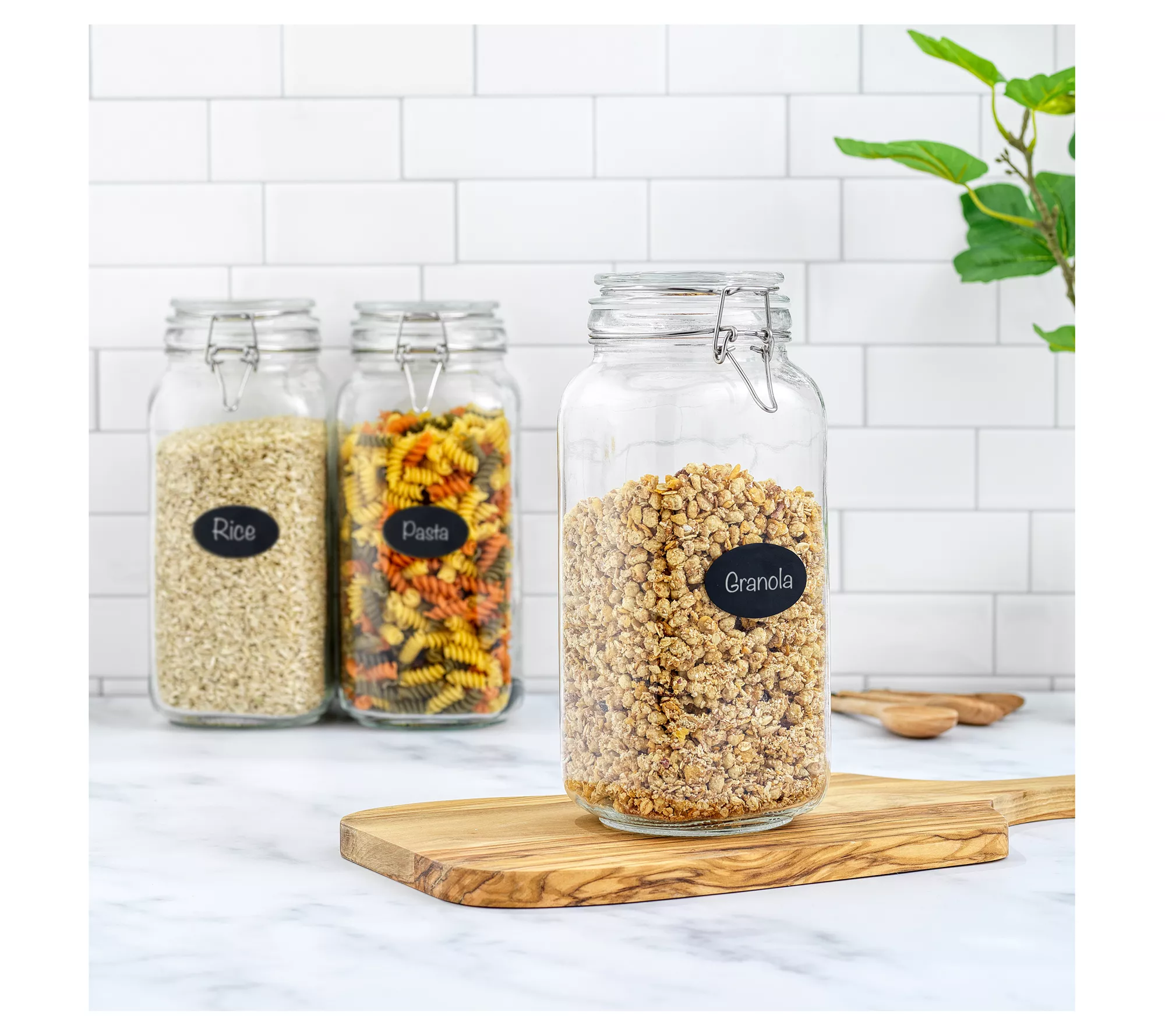
Excellent for keeping a cupboard or pantry beautifully organized, these three glass containers are the perfect way to store coffee beans, pasta, nuts and so much more.
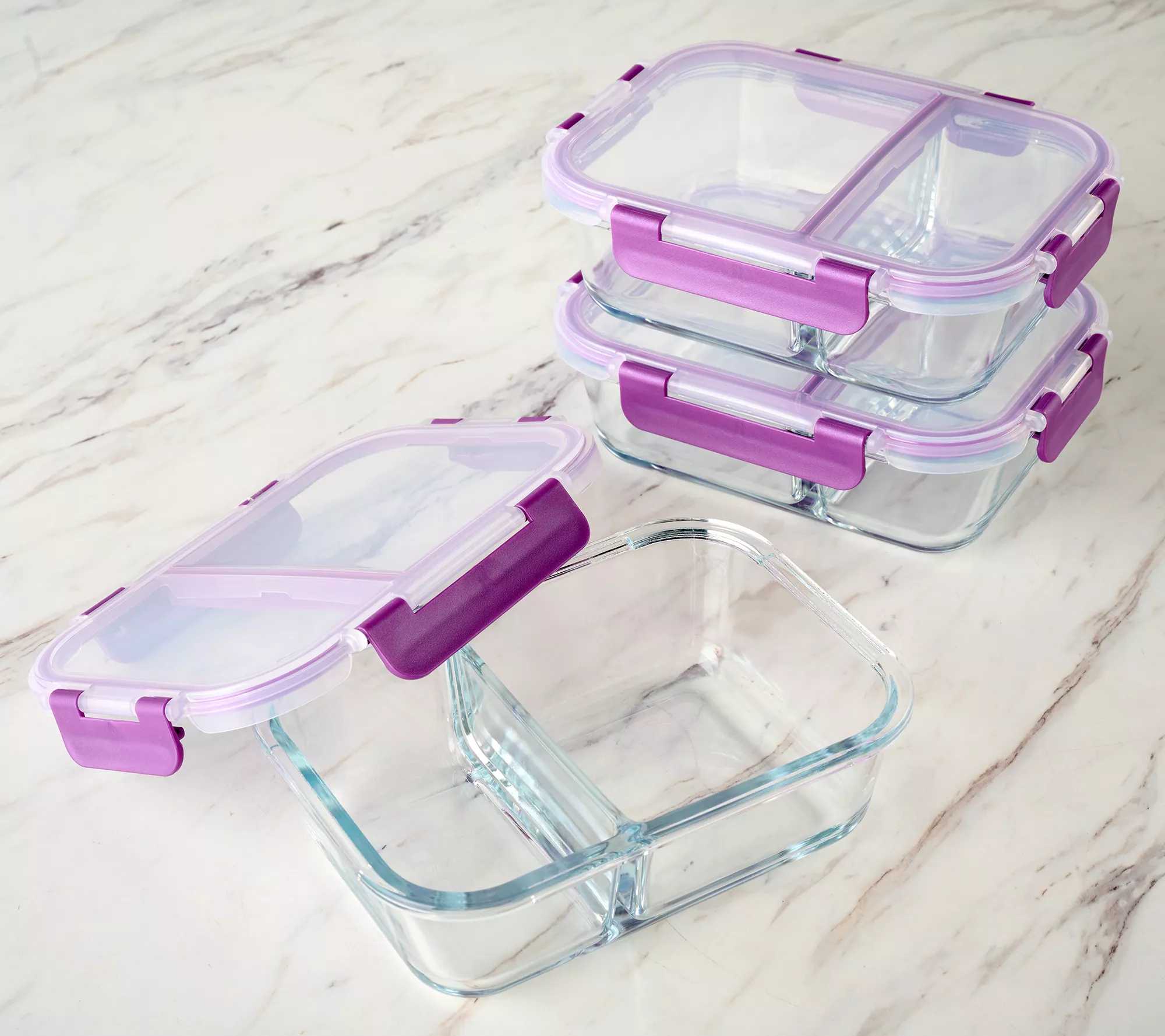
Perfect for portion control and meal prep, these glass containers include dividers to separate your entrees from your sides.
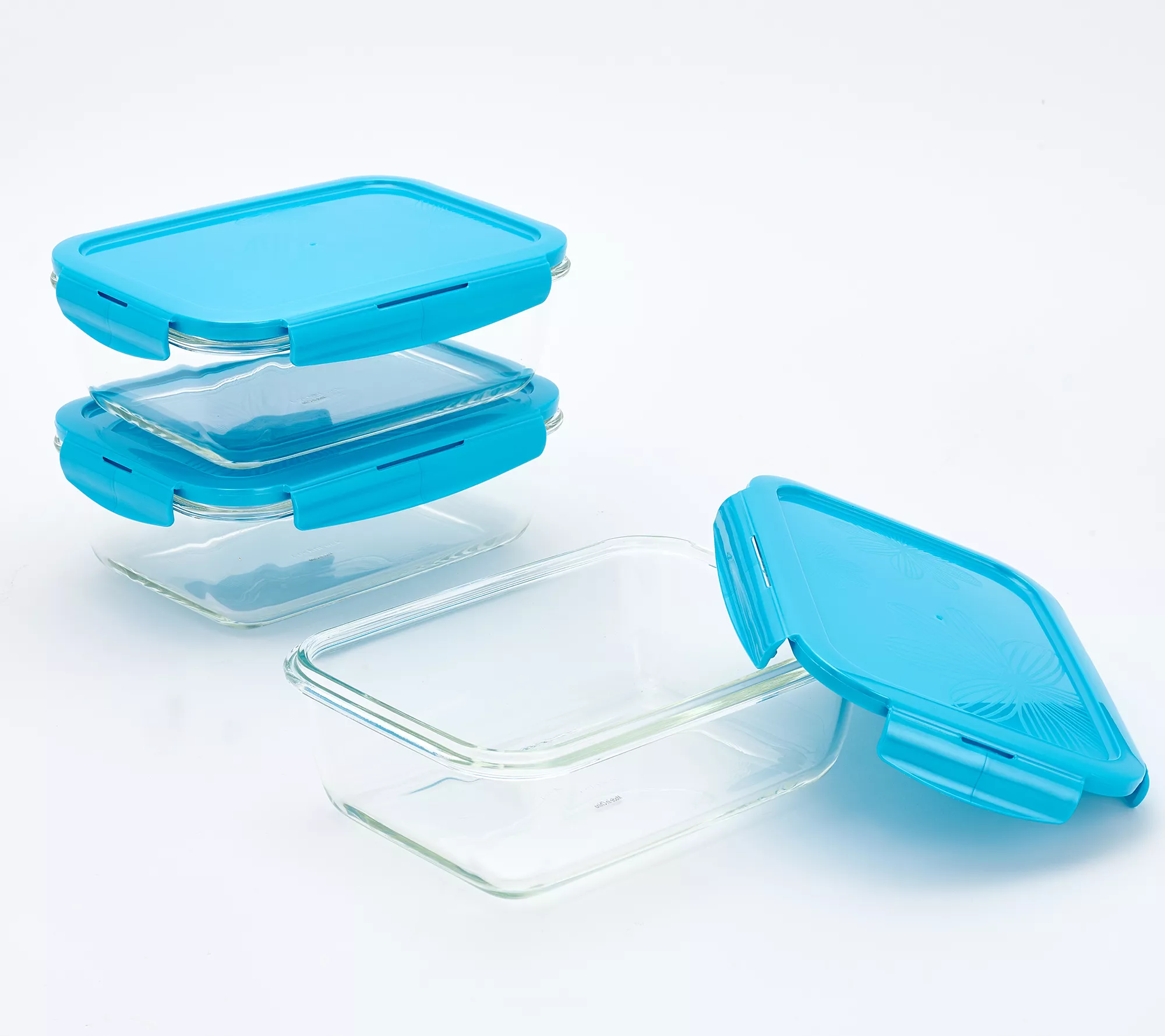
A must-have for your kitchen, these glass containers are so handy and versatile. Use them for meal prep or storing leftovers – each baker can go in the microwave, freezer, or oven.
2. They maintain their cleaning schedule
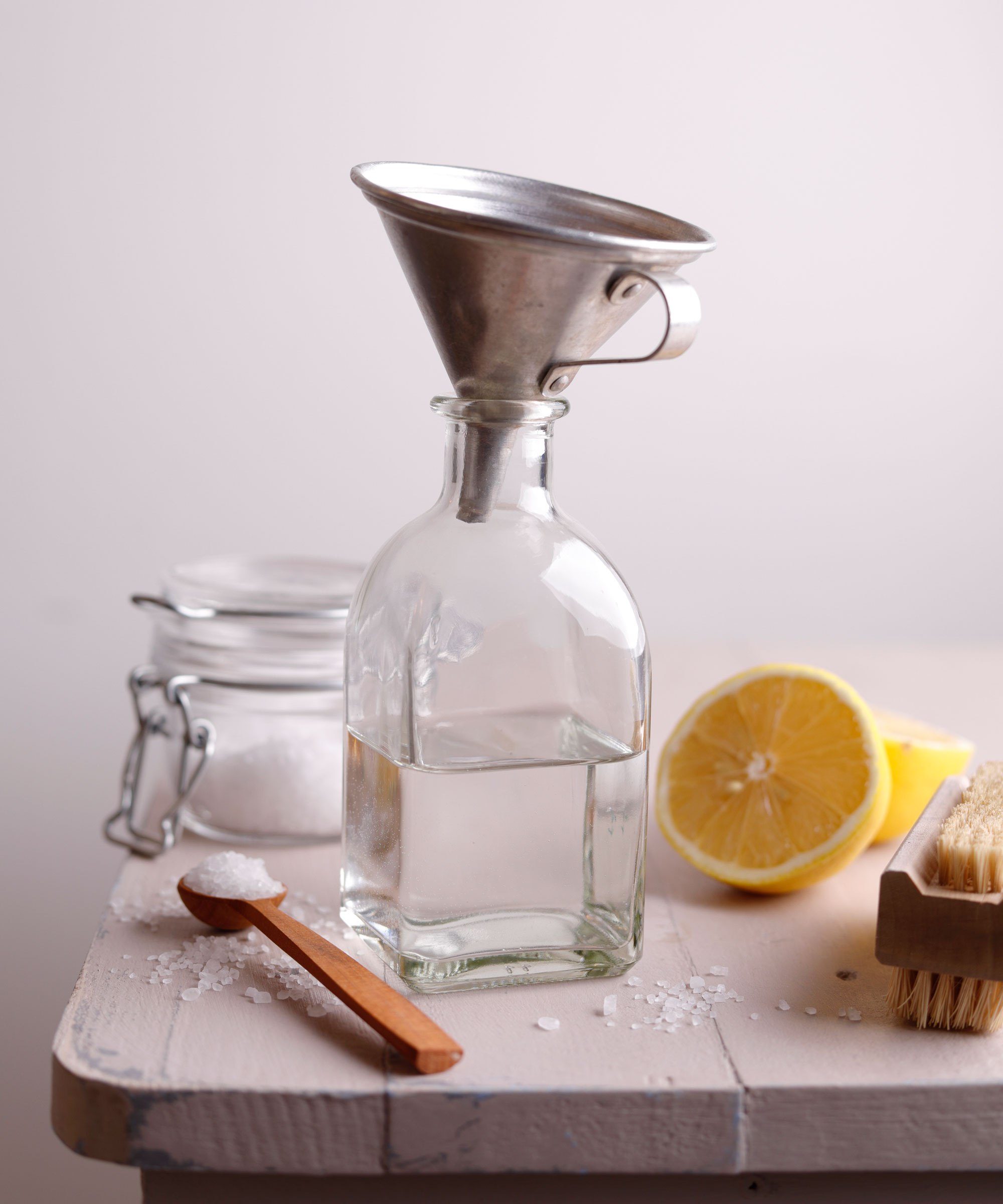
No matter how tired they are, super-organized people will create an achievable cleaning routine and stick to it. It might sound like a huge time-hog, but staying on top of tasks, keeping them simple, and avoiding regular deep cleans frees up time in their week.
Julie Peak, professional home organizer, suggests that you, ‘Break down cleaning tasks into daily, weekly, and monthly activities. Use a cleaning checklist that divides the house into zones (kitchen, bathrooms, bedrooms, etc.). Then, plan out when you will tackle each zone. For example, clean the kitchen on Mondays, and bathrooms on Tuesdays, and dust/vacuum the living room on Wednesdays.
‘Incorporate quick daily cleaning habits, like wiping down bathroom sinks each morning or tidying the kitchen after dinner, to maintain a baseline level of cleanliness. Then, follow your planned schedule for deeper cleaning tasks.’
3. They complete an opening and closing shift

You might have heard of the closing shift routine to help reset your home at the end of the day, but super-organized people will also do an opening routine to set themselves up for a more successful day.
Diane Quintana, professional organizer, productivity expert, and owner at DNQ Solutions, explains, ‘Many very organized people have simple daily routines and habits that keep clutter from accumulating. They generally have a routine that they follow in the morning, another routine for the evening, and then a rotating schedule of things they do during the week.
‘When organizing a morning routine, for example, you may include making the bed, tidying the bedside table, and putting things away in the family room.
‘An evening routine may include reviewing the next day's schedule (making note of appointments, putting things together – like exercise clothes – to take with them), doing the dinner dishes, and emptying the kitchen garbage.’
4. Practice ‘more out’
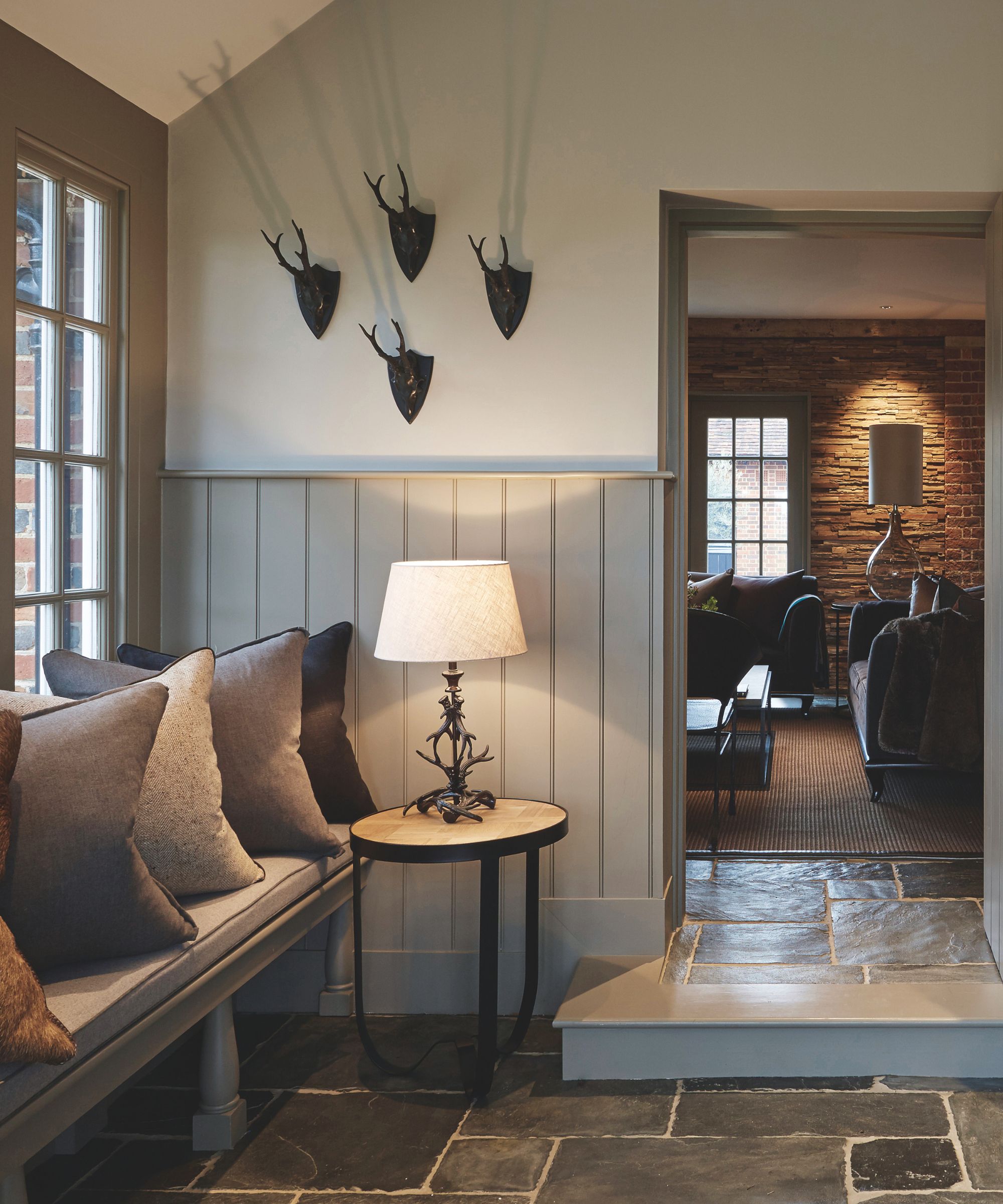
Although it is rarely necessary to declutter your home every day, super-organized people will always be on the lookout for the odd item that could be thrown out or donated, decluttering as they go to control clutter.
Marie Potter, trained professional organizer, and certified virtual organizing professional, explains how she uses this method in her own home, ‘Given the constant stream of incoming items into our house, it’s critical to systemize the reverse. Every single day, I am on the lookout for things we don’t use or love. As an Eco-Friendly Organizer, I ensure these items find their way out of our home in the most sustainable manner. We have a donation bin at home where our family puts things in regularly. We live in an area where Big Brothers and Diabetes Association will pick up donations. They email monthly to let me know they are in the area. I always sign up for donation pickup.
‘The magic is the deadline and the goal,’ she explains. ‘Even if I don’t have anything, I will find things to donate. There are many other incredible places to donate to and feel good about giving back, such as the SPCA, low-income moms with newborns, shelters, childcare centers and local charities, to name a few. I also use Facebook Marketplace to sell items or have items picked up for free.’
5. They constantly question their routine
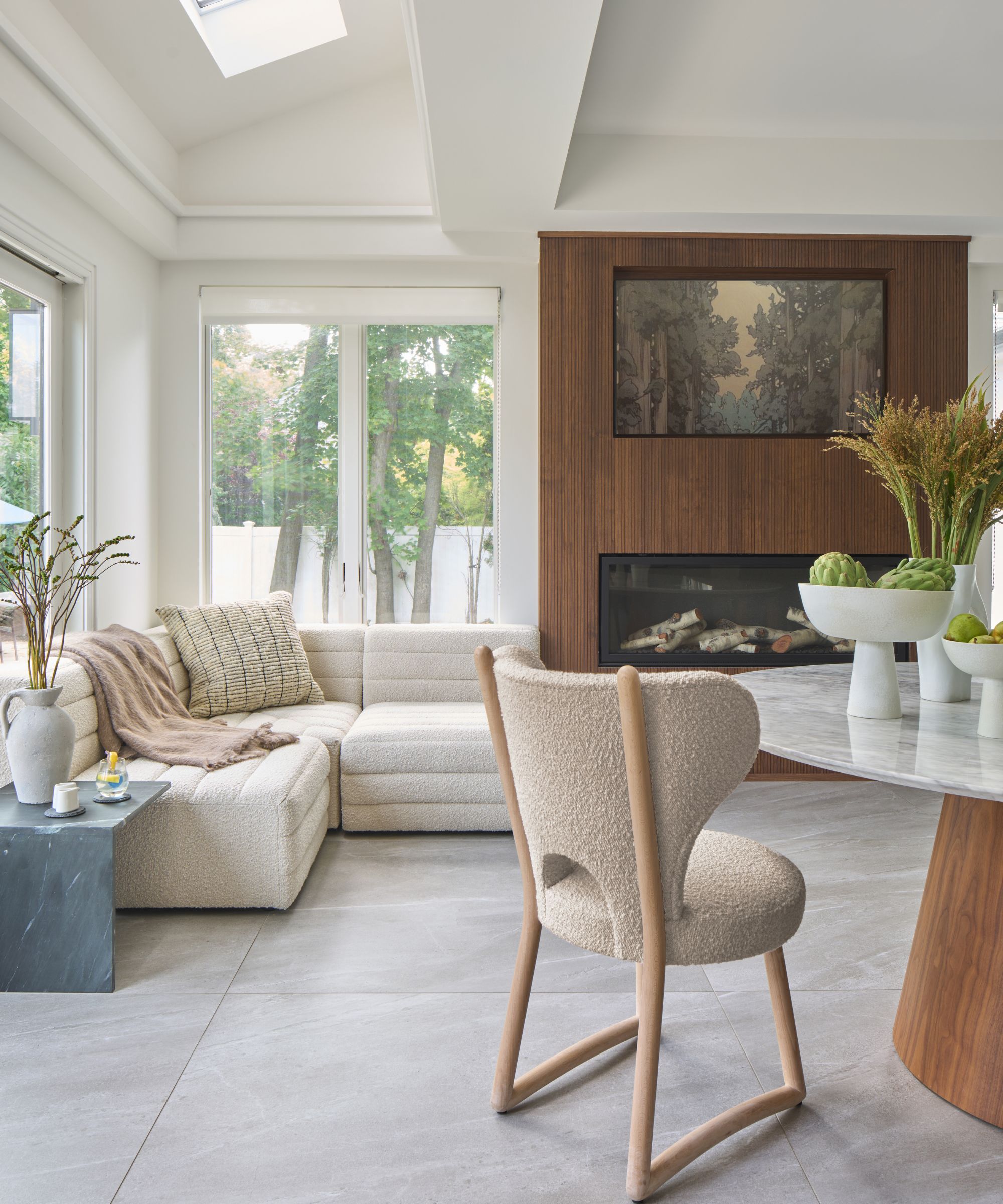
Just because you have a routine in place, doesn't mean you can push through with it forever. Life changes, as do our home's needs and requirements. As such, super-organized people will always question their routines to make sure they still serve them.
Diane Quintana, professional organizer, says, ‘A very organized person probably has a few questions they ask themselves like: Is this the best use of my time? If I buy this, where will I keep it? If I bring this home, what will I remove to make room for it – or what will it replace?
‘Questions like these keep the person from bringing in unnecessary clutter. They also serve to keep the person on task. Sometimes, the best use of time is to take a break or a nap or maybe have a coffee/snack with a friend,’ she reminds us – it doesn't always have to be ‘go-go-go’.
6. Use the 2-minute rule
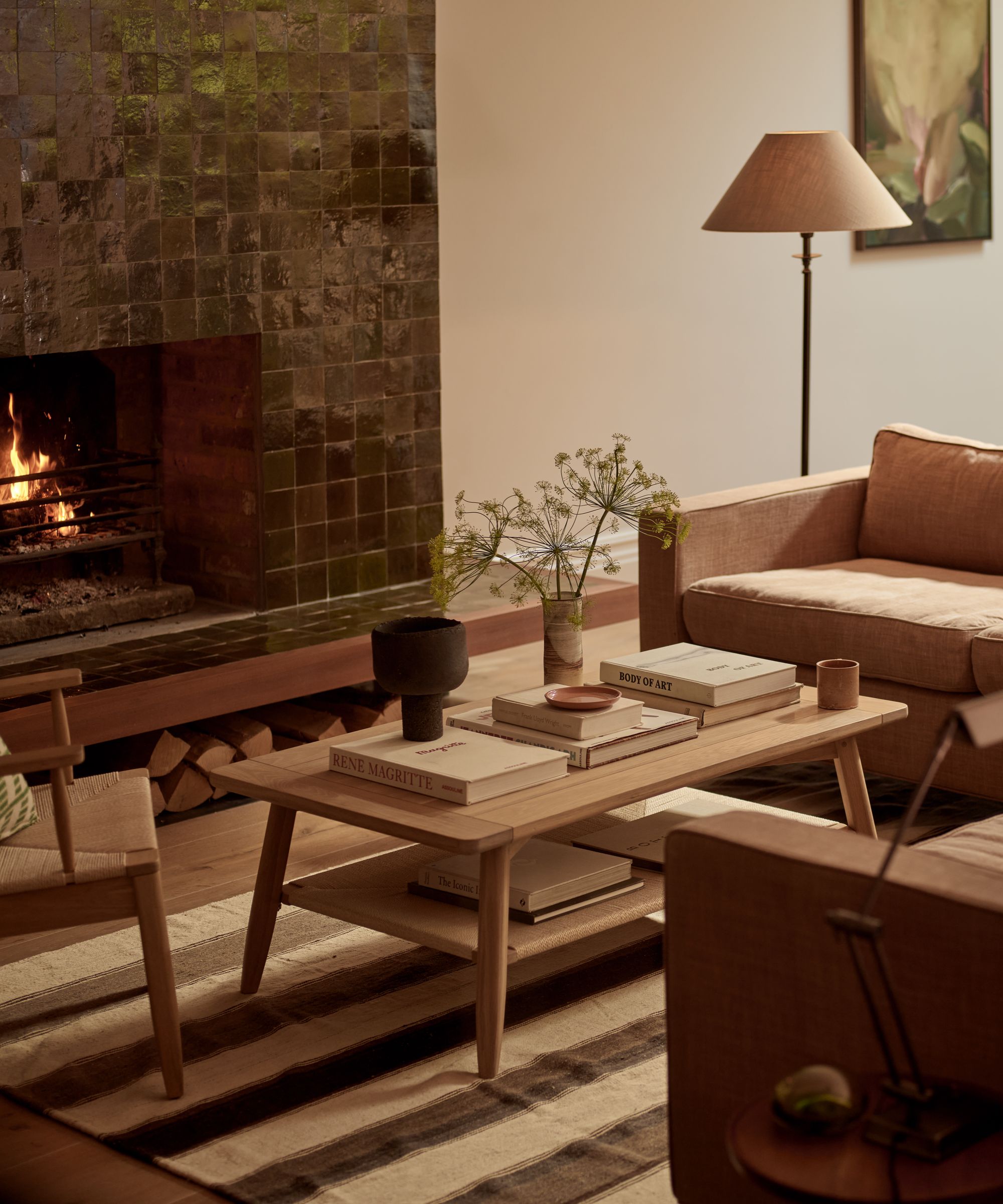
One of the easiest ways to make your home look more organized fast is to follow set rules – such as the two-minute rule for tidying up, says Francesca Verri, professional home organizer, life architect, and owner of Verri Organised. It is one of the tricks super-organized people swear by, she reveals.
‘This rule simply means if a task takes you two minutes or less to complete you do it. Don't wait for "later" or tomorrow because that gives clutter a fighting chance. Organized people don't miss an opportunity to do the quick and easy tasks to keep a space tidy. Tidiness of any kind promotes order.
‘I suggest using the mantra "Don't put it down, put it away", to remind people to utilize this rule because often the little things you put down (that will eventually cause clutter if left unattended), take minutes to put away. Organized people think before they put something down "for just a minute" and instead go immediately to putting it away. It maintains tidiness. And prevents clutter from building up.’
Perhaps most importantly, for super organized people, organizing isn’t just a task on their to-do list, but a ‘state of being’, as Francesca Verri, professional home organizer, terms it. She concludes that ‘Organization is certainly a tool to bring calm and less stress to your life. But it is also a way of life – a state of being that allows you to move fluidly through life – despite the obstacles put in your way. The feeling of organization comes from you and how you feel in your space – or how you want to feel in your space. And from your belief that you can be organized and stay that way. Organized people approach the daily mishaps and messes by leaving perfection at the door and practicing kindness toward themselves.
‘Life is fluid, after all! Things are always coming in that can potentially disrupt the home. Organized people do the basics daily. They tidy up, put things away in their home, clear flat surfaces, and restore order so they can consistently benefit from living life without the constraints of clutter.'

Chiana has been at Homes & Gardens for two years and is our resident 'queen' of non-toxic living. She spends most of her time producing content for the Solved section of the website, helping readers get the most out of their homes through clever decluttering, cleaning, and tidying tips. She was named one of Fixr's top home improvement journalists in 2024.